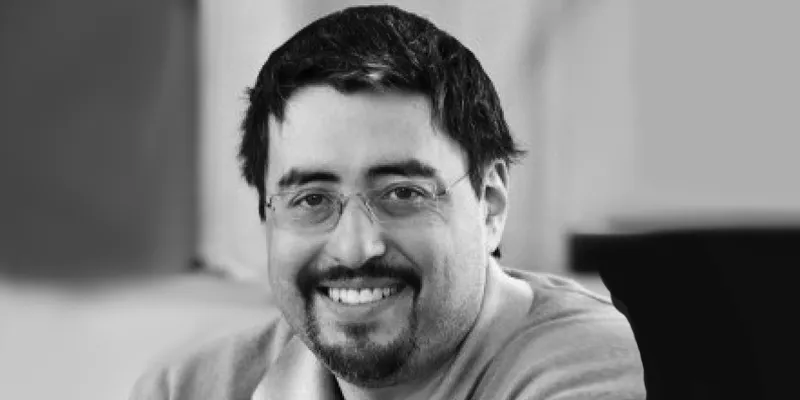With a focus on life sciences, RebelBio has incubated more than 50 startups
RebelBio runs two incubation programmes in a year at Imperial College London White City Incubator (winter programme) and University College Cork, Ireland (spring programme) for three months. The startups receive an investment of upto $250,000.
Bill Liao founded the world's first biotech accelerator, RebelBio, in 2014, but its story began long before. Bill Liao's daughter was 12 when she developed Type 1 diabetes, shortly before the 2010 volcanic eruptions of Eyjafjallojökull, Iceland. These eruptions caused huge disruption across Europe, with one of the main consequences being that most of the European airspace was closed - the highest level of air traffic disruption since WWII. This got Bill thinking about ''product pipelines'', in particular, insulin. If people can't get their insulin, they die, so Bill started looking into insulin production. This ranged from using porcine insulin where one tonne of pig pancreas is required to get a single dose of insulin, to more high tech methods of using a human analogue made in a bioreactor.

In his search he came across the Open Insulin project, their aim was to make insulin freely available to those in need and are very keen on being open source.
If biology has an open source mentality, in addition to biotech democratising and digitising, then a startup can have access to all it needs to grow at similar price costs to software or hardware startups. At that time SOSV, the venture capital and investment management firm was the best when it came to working with hardware startups, this relatively low cost/high impact state for entrepreneurs in biotech seemed an exciting addition for SOSV.
After Bill spoke to Sean O'Sullivan (SOSV founder), RebelBio (first known as Indie Bio in Ireland) was born. It became one of eight accelerator companies operated by SOSV, the others being HAX, MOX, IndieBio, and Food X.
“RebelBio is an innovation engine to build the future with biology. We invest in innovative biotech startups and help them solve global challenges. We are the leading early-stage accelerator in life sciences and part of SOSV, the accelerator VC. We want to provide support to startups in all aspects during and after the RebelBio programme to make the impossible inevitable. RebelBio is proud of how well so many of our companies have done. We have had multiple companies raising million dollar rounds, companies generating early revenues even within the program such as Afineur (who use microbes to make more nutritious coffee),” says Bill.
“Our programmes last for three months, there is access to lab space and hackspace, support from the scientific side, access to vast networks of investors and companies and mentorship on how to refine and approach these investors and expand your company. We run two programmes a year. To apply you need four things- prototype, 2some evidence it works, a problem that your product addresses and of course, biotech related! You can apply on our website . We love great ideas but we also love motivated and strong teams who are ready to accelerate their company,” says Bill on the incubation programme.
There is up to US$250K available to accelerate your life science start up for just eight percent equity. The startups initially receive $100,000. This 100,000 is split, with 50,000 available as liquid that the startups can spend as they see fit during the program, and the other 50,000 pays for the three-month acceleration programme (currently in London). For top performers there is a further 150,000 extra investment if the business shows good progress following completion of the acceleration programme.
Since 2014, RebelBio has accelerated more than 50 startups. Currently, there are 10 exciting companies from all over the world going through the programme at the Imperial College White City Incubator, London. The companies Rebelbio works with, have products that target everything from medicine to the fashion industry.
“We are proud of how our startups have developed post acceleration, some examples include:Perfect day, from our first cohort, recently secured a patent.
Another startup CyCa Oncosolutions just won the TiE-BIRAC award during the International Women’s Day celebrations . It has developed a high speed, high precision drug delivery device that has a number of hard-hitting applications. One use of its technology is that it allows a targeted approach towards using anti-cancer drugs, thus decreasing the dose a patient receives to one-tenth, making chemotherapy a lot less toxic for normal cells.
Magellen is in Rebelbio’s current cohort, Cohort V, and has developed a way to produce the sweet protein Brazzein from the Oubli plant. While this protein has been discussed for years as the answer to the battle against sugar, no one has been able to successfully make it in bulk, until now. This could transform the sugar industry and take the guilt away from eating desserts.
Algiknit, another Cohort V startup, has developed a yarn that is based on one of the world’s most renewable organisms - kelp. It plans to make fashion sustainable not wasteful.







